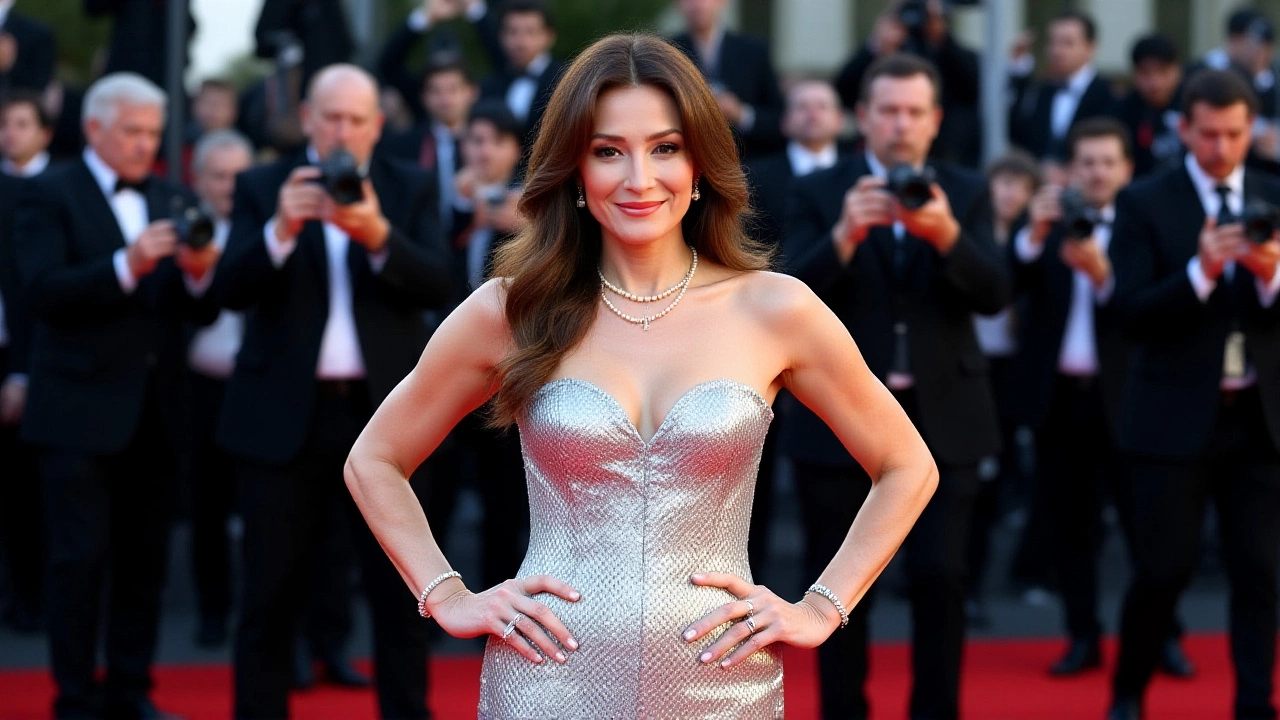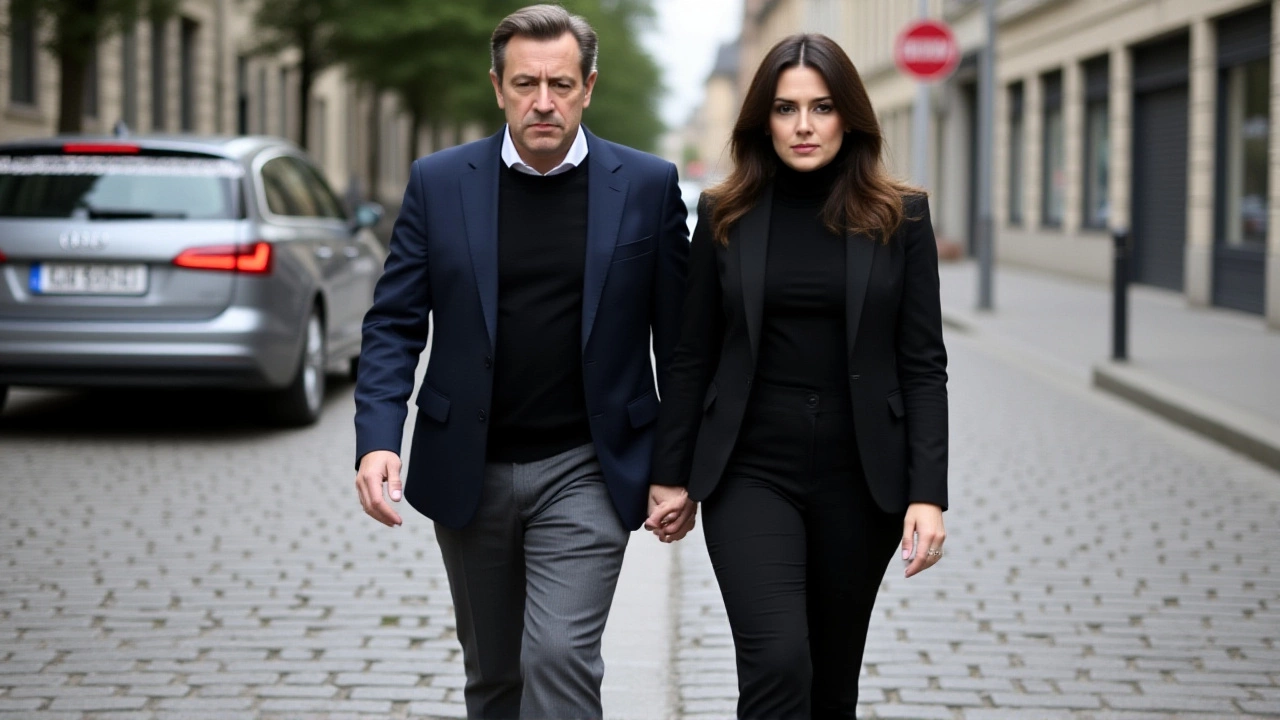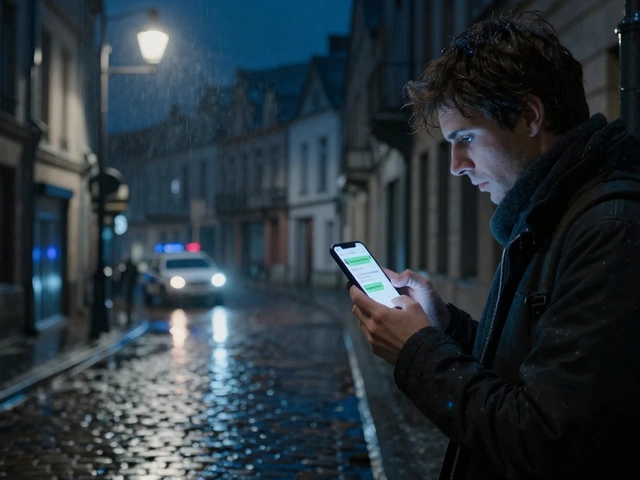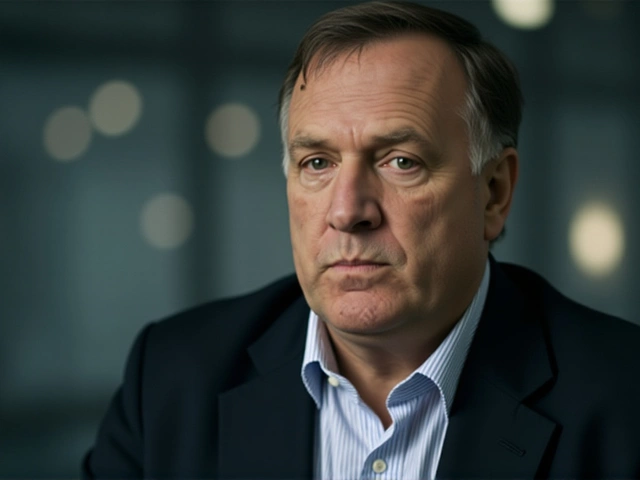When Nicolas Sarkozy, former President of France walked through the steel doors of La Santé Prison in Paris on the morning of 21 October 2025, the nation saw an unprecedented moment in its Fifth Republic.
At exactly 09:00 UTC, the 69‑year‑old former head of state was placed in segregation on the high‑security wing, beginning a five‑year term plus a €100,000 fine for criminal conspiracy tied to alleged Libyan funding of his 2007 presidential campaign. The sentence follows a September 25 2025 verdict that many legal experts describe as a watershed for French political accountability.
Background: The Libyan Campaign‑Finance Case
The case stems from allegations that the Gaddafi regime funneled roughly €50 million into Sarkozy’s 2007 bid while he served as Minister of the Interior under President Jacques Chirac. Prosecutors from the National Financial Prosecutor's Office presented handwritten notes from former chief of staff Claude Guéant, showing transfers through Swiss and Luxembourg intermediary accounts.
Earlier convictions already marred Sarkozy’s post‑presidential life. In March 2021 he received a three‑year sentence (two years suspended) for a quid‑pro‑quo judicial appointment, and in May 2021 a one‑year home‑confinement term for illegal contributions from L’Oréal heiress Liliane Bettencourt. Those appeals were rejected by the Court of Cassation in May 2023.
From the Courtyard to the Cell: The Day Sarkozy Entered La Santé
At 08:00 UTC, Sarkozy left his Neuilly‑sur‑Seine residence on 12 Avenue de l'Observatoire, accompanied by his third wife, former model‑singer Carla Bruni‑Sarkozy, and their three sons—Pierre (32), Jean (35) and Louis (28). A crowd of about 200 supporters gathered outside, waving tricolour flags and chanting “Sarkozy président.”
FRANCE 24 correspondent Ellen Gainsford reported that Sarkozy entered a black Peugeot 5008 (license 2025‑AA‑75) escorted by four police motorcycles from the Prefecture of Police of Paris. The convoy travelled along Route Nationale 13, passing the Eiffel Tower before arriving at La Santé, a maximum‑security facility best‑known for housing figures like Carlos the Jackal and former IMF chief Dominique Strauss‑Kahn.
Inside, the former president was assigned Cell 247, a 9‑square‑metre room with an en‑suite bathroom. Standard protocols—roll calls at 07:00 UTC and 21:00 UTC—will apply, and he will be allowed two 90‑minute visits per week, the first scheduled for 28 October 2025 with his wife.
Legal Battle Ahead: Appeals and International Scrutiny
Sarkozy’s defence, led by veteran attorney Thierry Herzog, filed a final appeal with the Court of Cassation on 20 October 2025, citing procedural irregularities in the September verdict. Herzog told Le Monde that “the judgment is riddled with evidentiary gaps and must be revisited.”
Beyond French courts, the defence plans to petition the European Court of Human Rights by 15 November 2025, arguing that the trial violated Sarkozy’s right to a fair hearing. Constitutional lawyer Caroline Mécary warned that “if the ECHR finds a breach, it could set a precedent for how high‑profile political cases are tried across Europe.”
Human‑rights watchdog Amnesty International France, represented by director Delphine Racheline, said it would monitor the prison’s treatment of Sarkozy to ensure compliance with international standards.

Political and Public Reaction
The Élysée Palace, via spokesperson Olivia Grégoire, issued a measured statement: “The principle of separation of powers requires respect for judicial independence, and we trust the legal process will run its course.”
Opposition leaders from both the left and the right seized on the moment. Marine Le Pen called the conviction “political retribution,” while Emmanuel Macron’s party emphasized that “no one is above the law.” Protesters outside the prison held banners reading “Liberté pour Nicolas,” echoing the chants from the morning outside his home.
What Lies Ahead: Prison Life and Potential Parole
Under French law, Sarkozy must serve a minimum of 18 months before parole eligibility is considered. Prison officials say his cell will allow limited recreation time in a secure yard, and he will have access to legal counsel for ongoing appeals.
Family visits are restricted to Tuesdays and Fridays at 14:00 UTC, each limited to 90 minutes. Carla Bruni‑Sarkozy confirmed she would use the time to “provide emotional support while respecting the rules.”
Analysts note that the case could reshape public perceptions of political immunity in France, potentially prompting legislative reforms on campaign finance transparency and post‑office accountability.
Frequently Asked Questions
How does Sarkozy's imprisonment affect the French political landscape?
His detention underscores a growing willingness to prosecute senior politicians, which could embolden opposition parties to call for stricter campaign‑finance laws. It also forces the centre‑right to reckon with a tarnished legacy, potentially reshaping voter alignments ahead of the 2027 legislative elections.
What are the chances that the European Court of Human Rights will overturn the conviction?
While the ECHR rarely overturns criminal verdicts, it can find procedural violations that lead to a retrial. Legal experts estimate a modest 10‑15 % probability of a successful appeal, mainly hinging on whether the court deems the French procedural safeguards insufficient.
Will Sarkozy be allowed to continue his political activities from prison?
French law bars convicted individuals from holding public office while serving a sentence, and his communication privileges are limited to legal correspondence. Any public statements must be filtered through prison authorities, effectively silencing his direct political involvement.
What impact might this case have on future campaign‑finance investigations?
The conviction sets a legal precedent that foreign money, even from authoritarian regimes, can lead to severe penalties. It is expected to trigger stricter auditing of political donations and may catalyse parliamentary bills tightening disclosure requirements for parties and candidates.
How are human‑rights groups responding to Sarkozy’s detention?
Amnesty International France announced it will monitor his treatment to ensure standards are met, emphasizing that “the rule of law must be upheld without compromising prisoners’ rights.” The organization expects regular inspections and transparent reporting from La Santé Prison.






